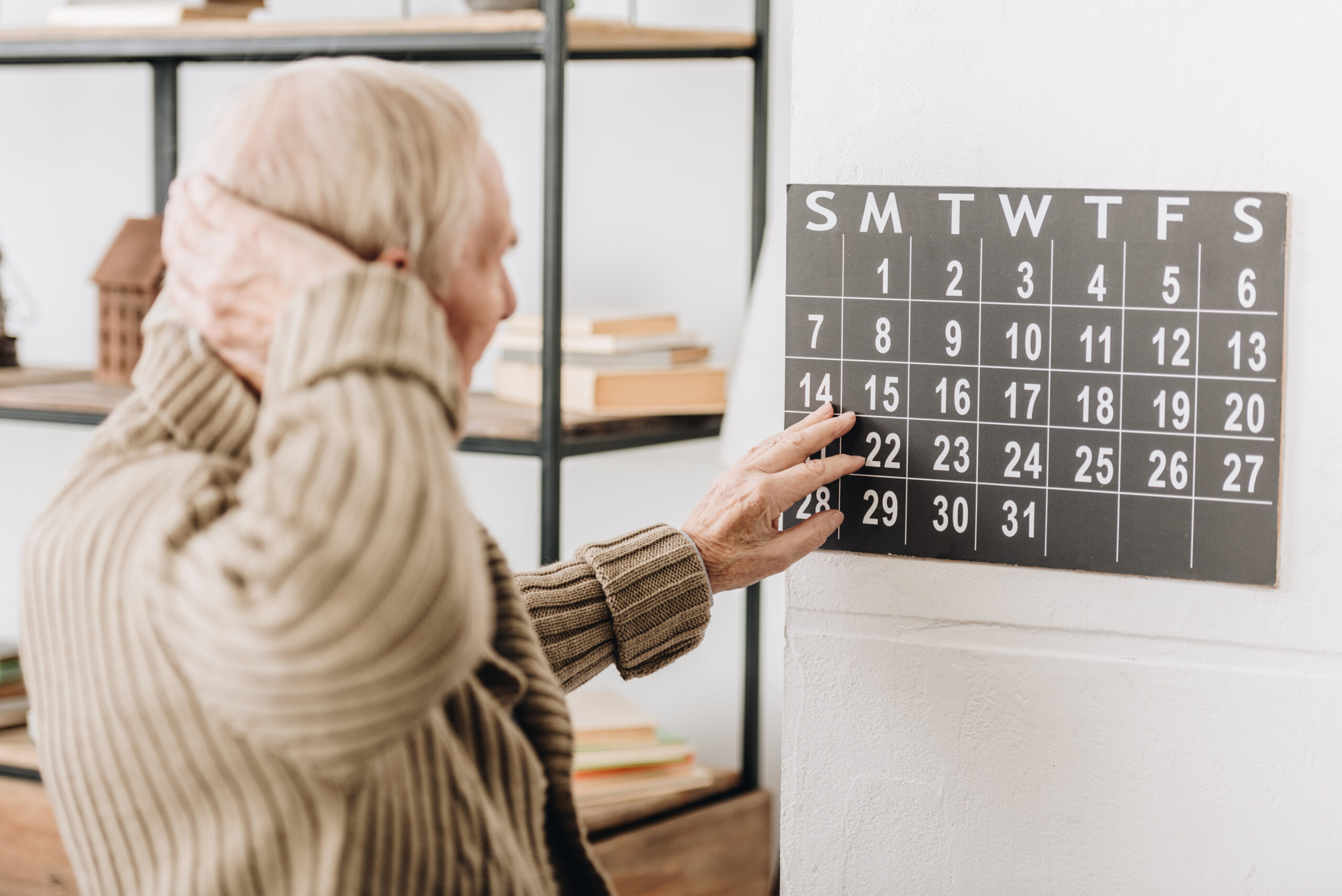Why avoiding burnout is essential to living longer
Burnout is more than just feeling tired or overwhelmed; it’s a slow, creeping process that wears down your mind, body, and spirit over time. When you’re burned out, even simple daily tasks feel like huge obstacles. You lose energy, motivation, and confidence. This isn’t just about being stressed for a day or two—it’s about long-term exhaustion that chips away at your well-being.
One of the biggest reasons avoiding burnout is essential to living longer is because chronic stress speeds up aging at the cellular level. Our cells have protective caps on their DNA called telomeres that act like tiny biological clocks. When you experience ongoing stress and burnout, these telomeres shorten faster than normal. This means your body ages quicker than your actual years on earth would suggest.
Burnout also causes inflammation throughout the body and increases oxidative stress—both of which damage cells and tissues over time. It weakens your immune system too, making you more vulnerable to illnesses such as heart disease, diabetes, and even Alzheimer’s disease earlier in life than expected.
Mentally and emotionally, burnout leads to detachment from work or relationships and can cause feelings of hopelessness or loss of purpose. These psychological effects reduce quality of life significantly but also feed back into physical health problems by disrupting sleep patterns and increasing irritability.
Another important factor is how people often try to cope with burnout in unhealthy ways—like binge-watching TV for hours or eating comfort foods—which don’t provide real rest or recovery but instead add strain on the body.
On the flip side, balancing activity with proper rest helps protect against burnout’s harmful effects. Moderate exercise done regularly supports heart health without pushing the body into exhaustion zones that could cause injury or hormonal imbalances if done excessively.
Ultimately, avoiding burnout means listening closely to what your mind and body need: enough sleep each night; breaks during busy days; meaningful social connections; moderate physical activity paired with rest; healthy eating habits without extremes; plus managing stress before it becomes overwhelming.
By preventing this slow erosion caused by chronic exhaustion and stress overloads on both mental health and physical systems inside us—especially our cells—we give ourselves a better chance not only at feeling good day-to-day but also at living longer lives free from premature aging diseases linked directly to prolonged burnout conditions.





